Indigenous Governance Database
Stephanie Russo Carroll
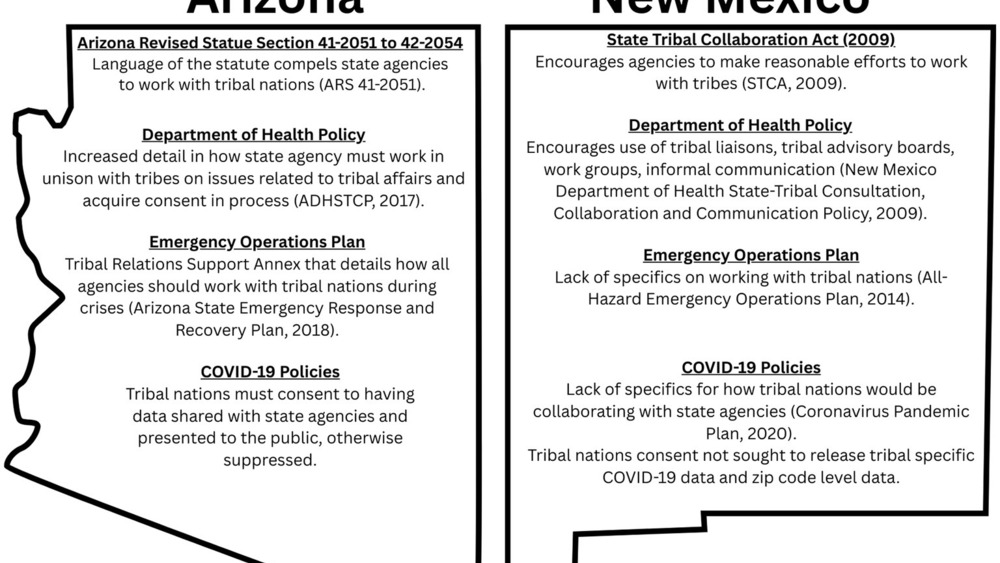
Reaffirming Indigenous data sovereignty in New Mexico as a result of COVID-19
Despite New Mexico’s history of working with and enhancing collaboration with the 23 Tribes in the state, data sharing and collaboration with Tribes was poor during the COVID-19 pandemic. New Mexico’s policies of state collaboration with Tribes conflicts with the principles of Indigenous Data…

CARE Directs Us Home: Reclaiming Indigenous Authority Over Data
In 2019, the Global Indigenous Data Alliance (GIDA) developed and published the CARE Principles for Indigenous Data Governance (Collective Benefit, Authority to Control, Responsibility, Ethics) to complement the FAIR principles for open scientific data management (Findable, Accessible,…
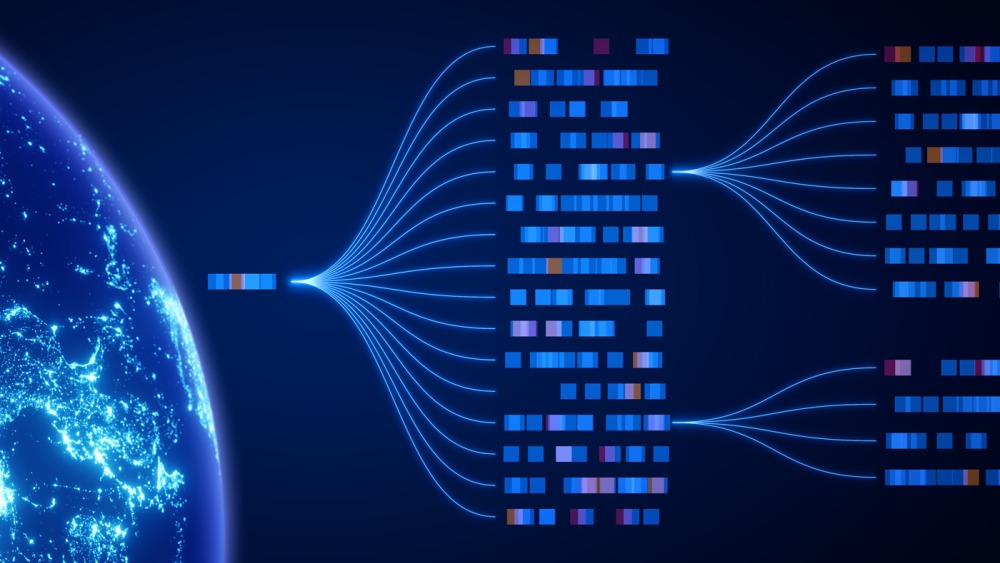
Common Rule Revisions to Govern Machine Learning on Indigenous Data: Implementing the Expectations
We agree with Chapman et al. that the Common Rule needs revision, particularly regarding the application of artificial intelligence and machine learning (AI/ML) in health research with Indigenous Peoples. Without greater consideration of collective harms in human subjects research, this…
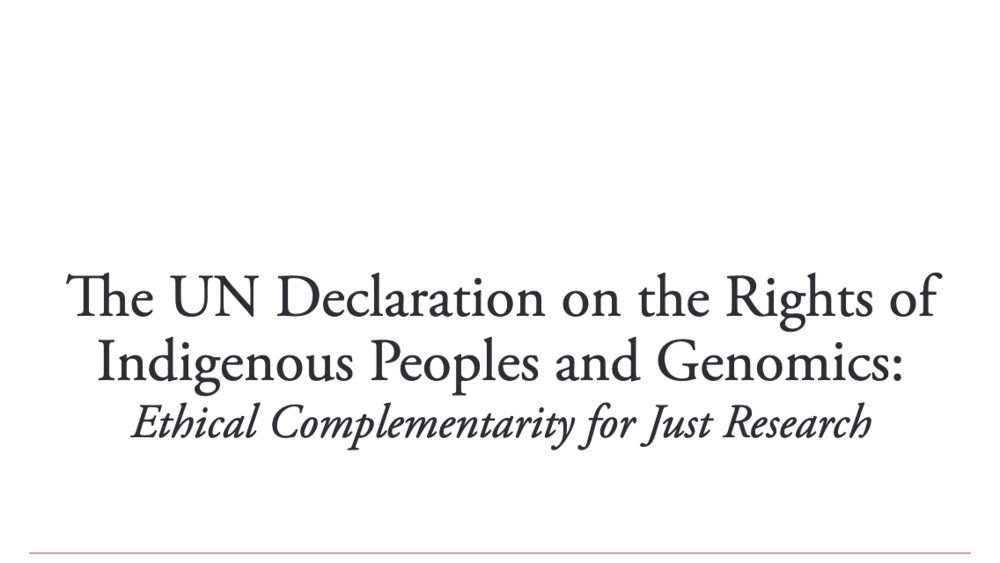
The UN Declaration on the Rights of Indigenous Peoples and Genomics: Ethical Complementarity for Just Research
Governance of biomedical research in the United States has been characterized by ethical individualism, a mode of reasoning that treats the individual person as the center of moral concern and analysis. However, genomics research raises ethics issues that uniquely affect certain genetically related…
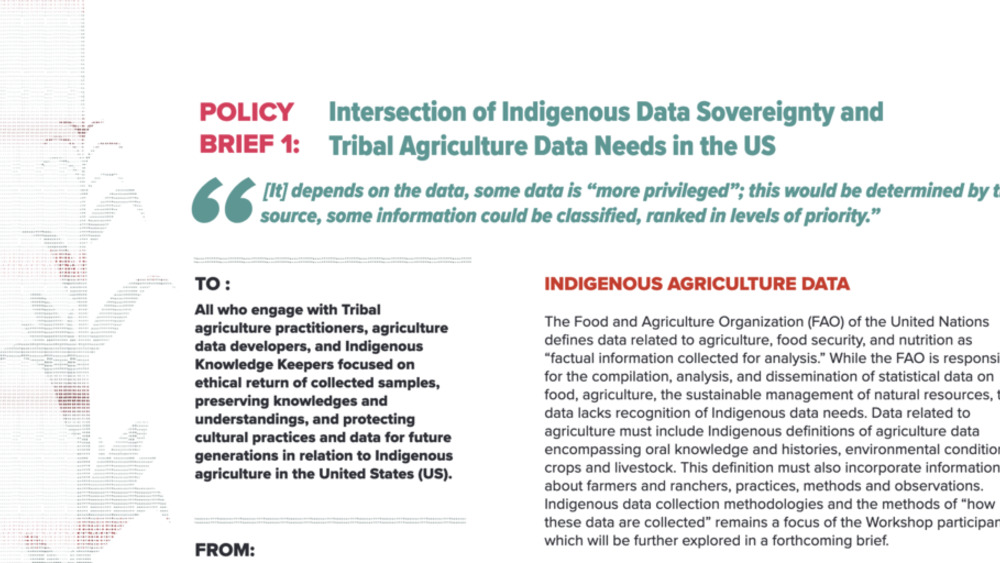
Intersection of Indigenous Data Sovereignty and Tribal Agriculture Data Needs in the US
Indigenous Peoples have always been agriculture data developers and keepers. Acknowledging the importance of Indigenous agriculture data to communities, an eight member Indigenous steering committee representing eight different Tribal Nations throughout the United States (US) designed and…
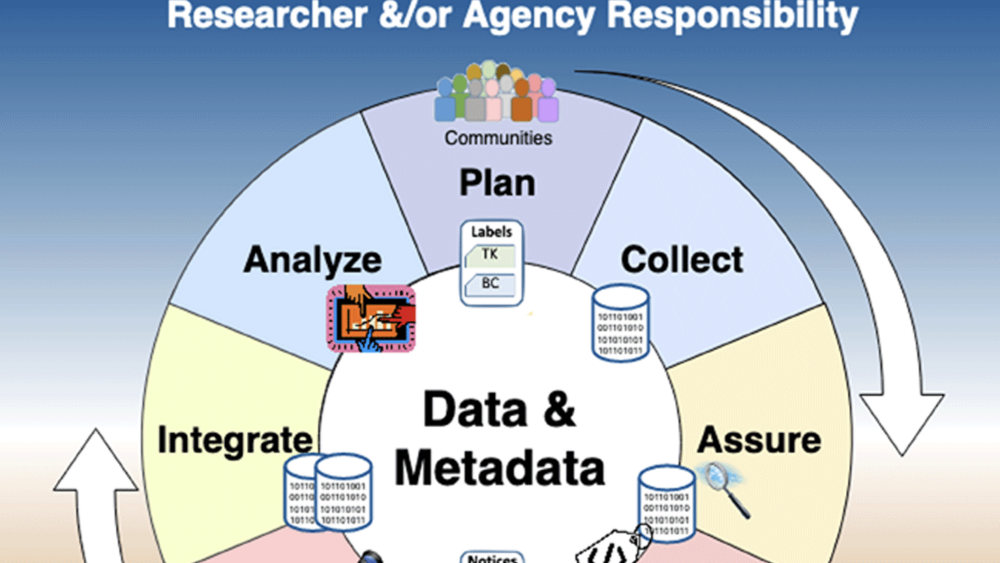
Earth Science Data Repositories: Implementing the CARE Principles
Datasets carry cultural and political context at all parts of the data life cycle. Historically, Earth science data repositories have taken their guidance and policies as a combination of mandates from their funding agencies and the needs of their user communities, typically universities, agencies…
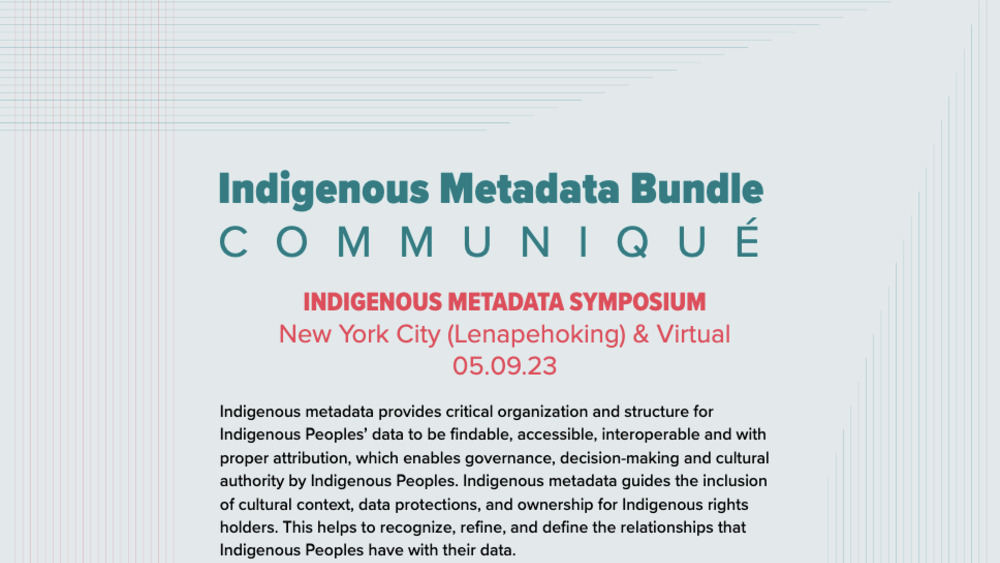
Indigenous Metadata Bundle Communiqué
Indigenous metadata provides critical organization and structure for Indigenous Peoples’ data to be findable, accessible, interoperable and with proper attribution, which enables governance, decision-making and cultural authority by Indigenous Peoples. Indigenous metadata guides the inclusion of…
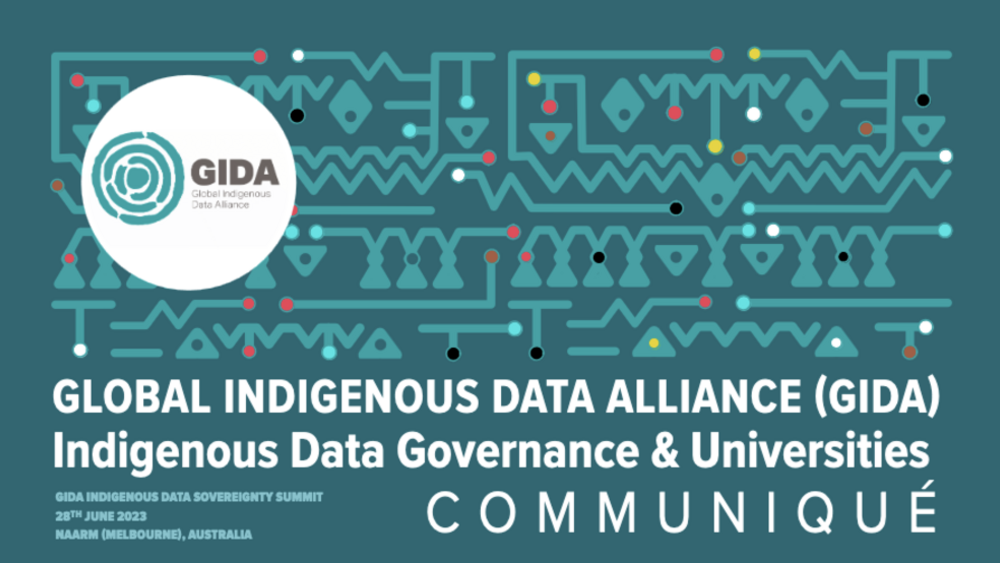
Indigenous Data Governance and Universities Communiqué
Universities create, use, and hold enormous amounts of Indigenous data. These data range from old historical records to contemporary large datasets, including Open Data2 and the data underpinning emerging Artificial Intelligence (AI) Technologies. Indigenous Peoples’ data include information about…
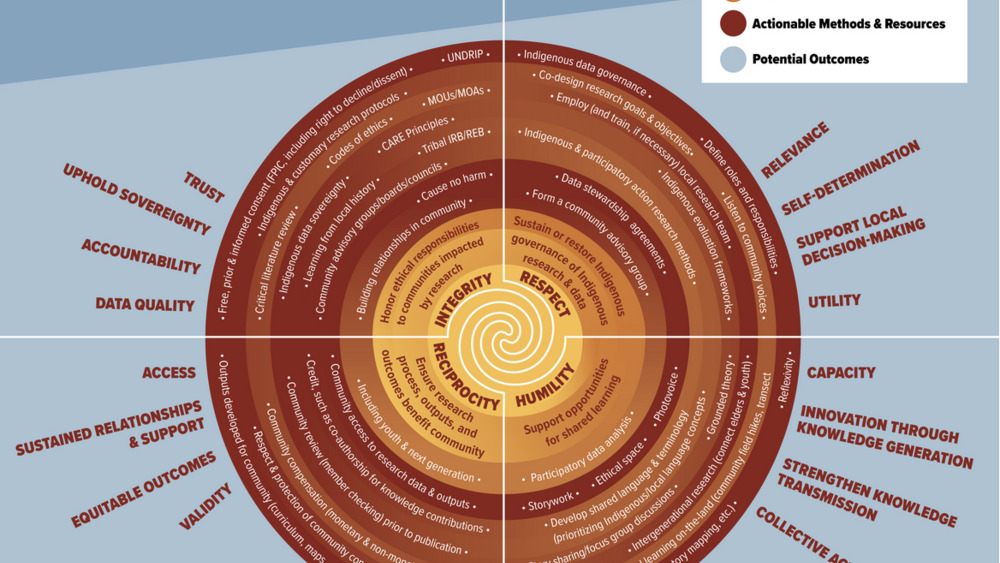
A values-centered relational science model: supporting Indigenous rights and reconciliation in research
Addressing complex social-ecological issues requires all relevant sources of knowledge and data, especially those held by communities who remain close to the land. Centuries of oppression, extractive research practices, and misrepresentation have hindered balanced knowledge exchange with Indigenous…
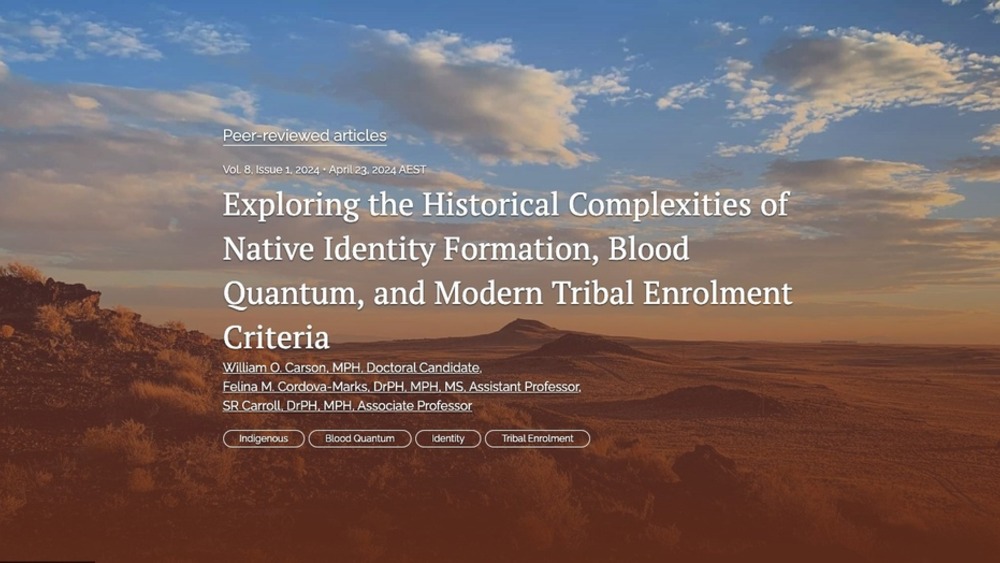
Exploring the Historical Complexities of Native Identity Formation, Blood Quantum, and Modern Tribal Enrolment Criteria
In the United States, blood quantum (BQ) based enrolment criteria find their roots in settler-colonial policies to erase, assimilate, and subjugate Indigenous Peoples and individuals. As a result, Native Nations throughout the United States continue to debate such practices. Current research on…

Genetic Research with Indigenous Peoples: Perspectives on Governance and Oversight in the US
Indigenous Peoples are increasingly exerting governance and oversight over genomic research with citizens of their nations, raising questions about how best to enforce research regulation between American Indian, Alaska Native, and Native Hawaiian peoples and researchers. Using a community-engaged…

Indigenous Peoples and research: self-determination in research governance
Indigenous Peoples are reimagining their relationship with research and researchers through greater self-determination and involvement in research governance. The emerging discourse around Indigenous Data Sovereignty has provoked discussions about decolonizing data practices and highlighted the…
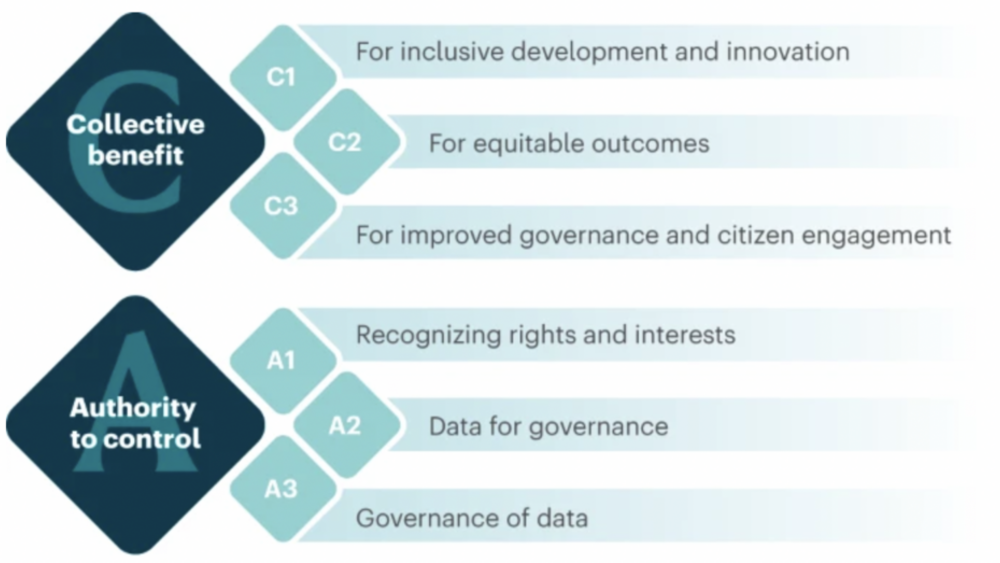
Applying the ‘CARE Principles for Indigenous Data Governance’ to ecology and biodiversity research
Indigenous Peoples are increasingly being sought out for research partnerships that incorporate Indigenous Knowledges into ecology research. In such research partnerships, it is essential that Indigenous data are cared for ethically and responsibly. Here we outline how the ‘CARE Principles for…
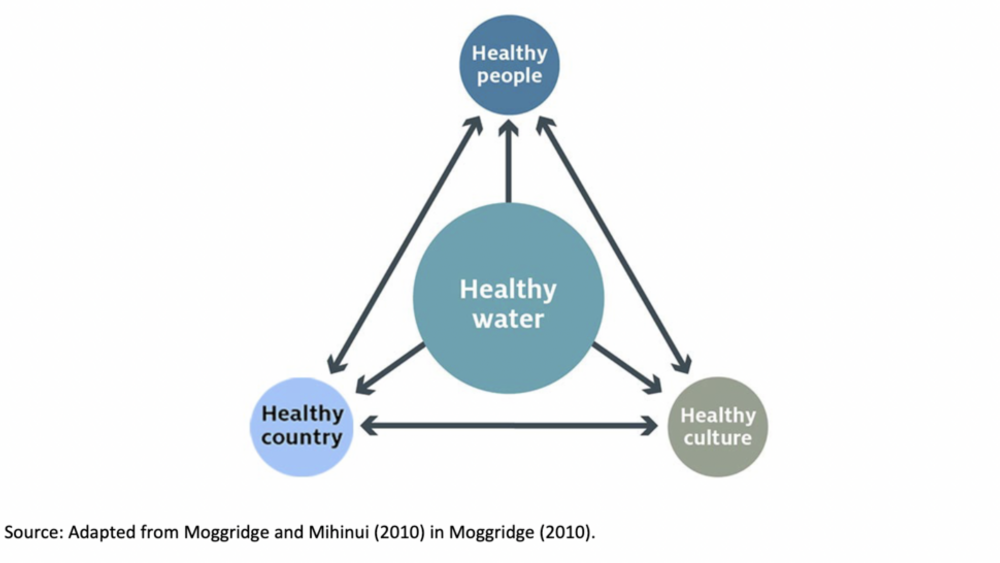
Water Back: A Review Centering Rematriation and Indigenous Water Research Sovereignty
The recent Land Back movement has catalysed global solidarity towards addressing the oppression and dispossession of Indigenous Peoples’ Lands and territories. Largely absent from the discourse, however, is a discussion of the alienation of Indigenous Peoples from Water by settler-colonial states.…
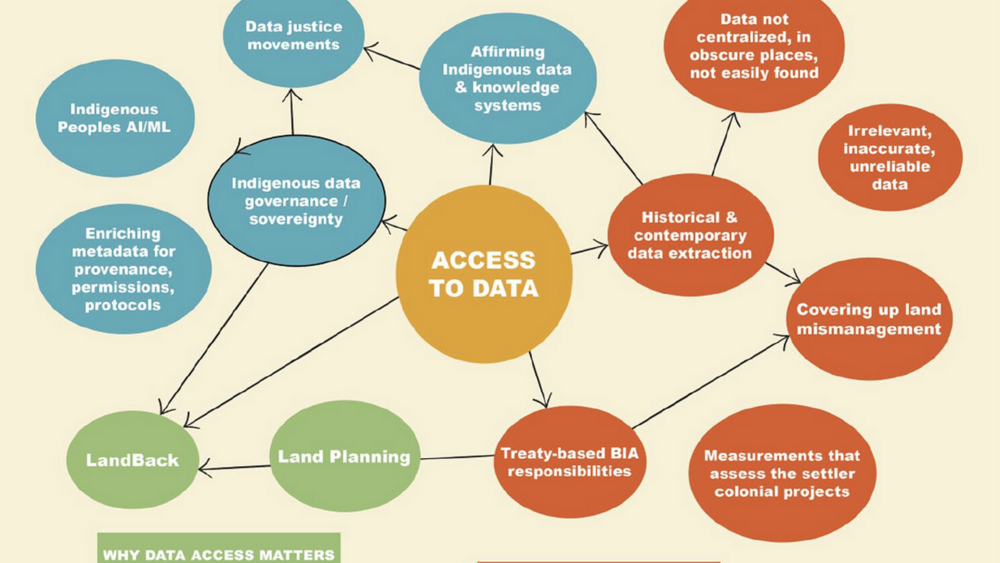
Life and times of data access: Regarding Native Lands
It is challenging to understand the full and detailed story of Native People’s lands in the United States. In this article, we contend that reliable and accessible data regarding Native People’s lands complicate and perpetuate those challenges. Stemming from the implications of colonial ideologies…

Indigenous Peoples' Rights in Data: a contribution toward Indigenous Research Sovereignty
Indigenous Peoples' right to sovereignty forms the foundation for advocacy and actions toward greater Indigenous self-determination and control across a range of domains that impact Indigenous Peoples' communities and cultures. Declarations for sovereignty are rising throughout Indigenous…
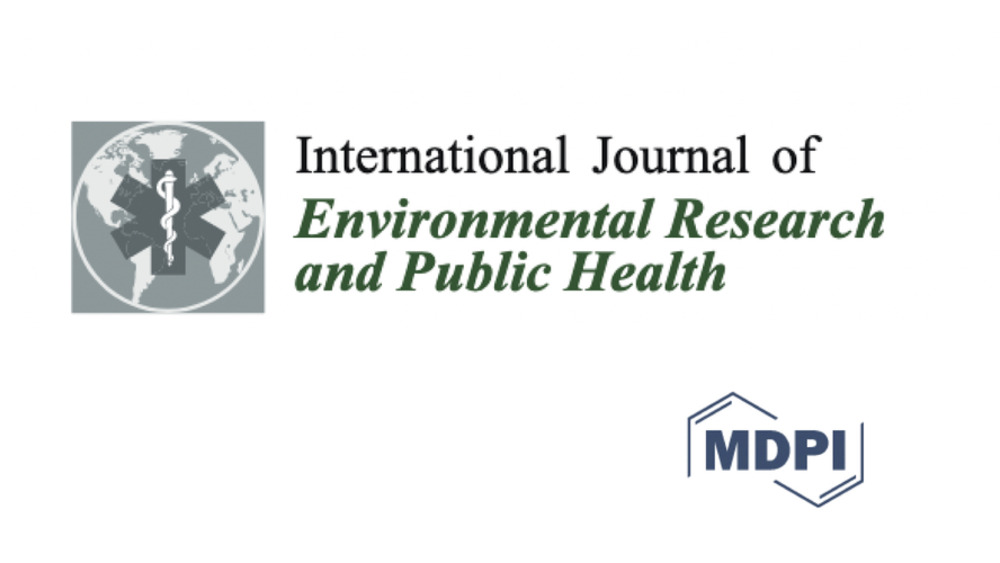
Reclaiming Indigenous Health in the US: Moving beyond the Social Determinants of Health
The lack of literature on Indigenous conceptions of health and the social determinants of health (SDH) for US Indigenous communities limits available information for Indigenous nations as they set policy and allocate resources to improve the health of their citizens. In 2015, eight …
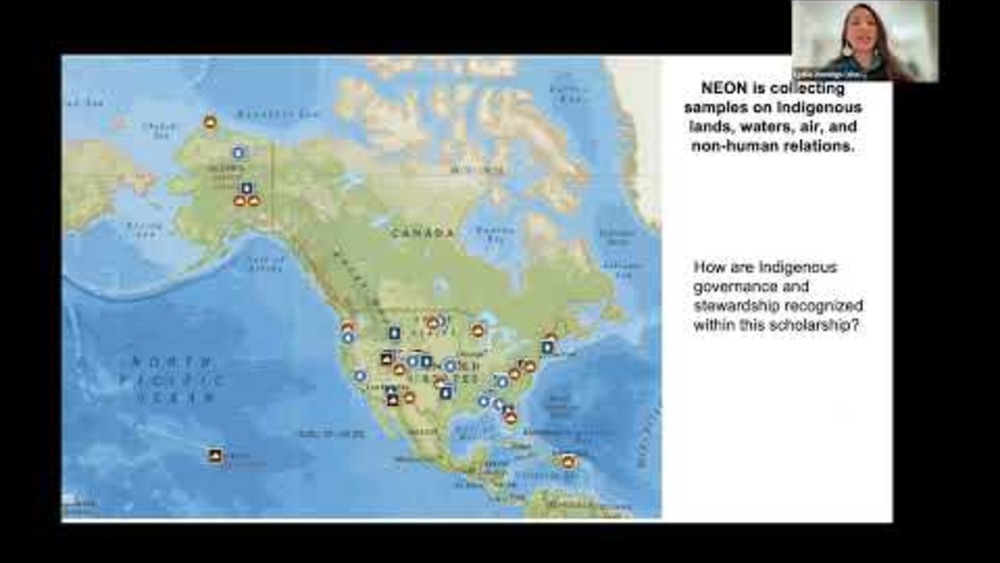
Science Seminar: Implementing the CARE Principles in Open Data Repositories
Image The people and purpose-oriented CARE Principles (Collective Benefit, Authority to Control, Responsibility, and Ethics) reflect the crucial role of data in advancing innovation, governance, and self-determination among…
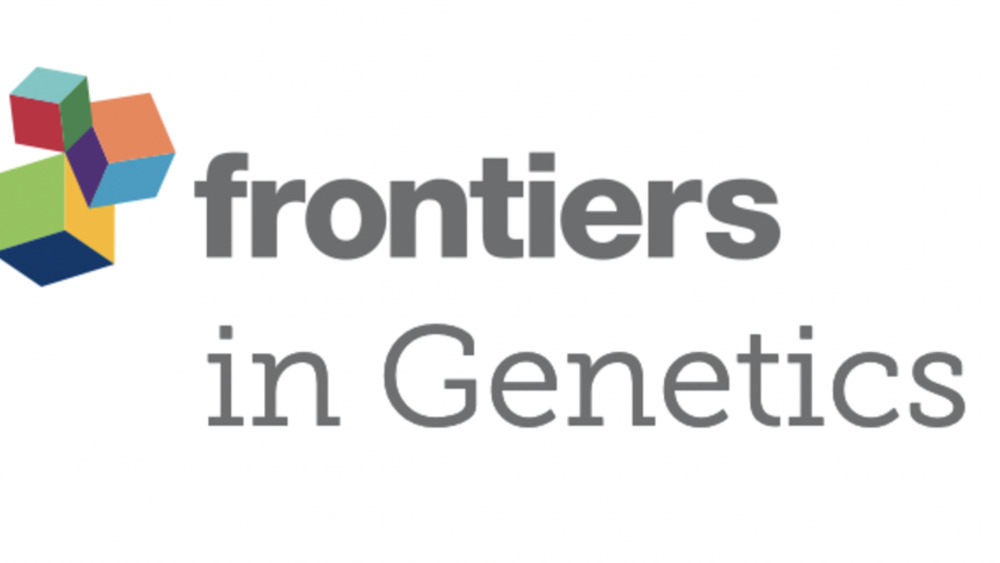
Extending the CARE Principles from tribal research policies to benefit sharing in genomic research
Indigenous Peoples have historically been targets of extractive research that has led to little to no benefit. In genomics, such research not only exposes communities to harms and risks of misuse, but also deprives such communities of potential benefits. Tribes in the US have been exercising their…
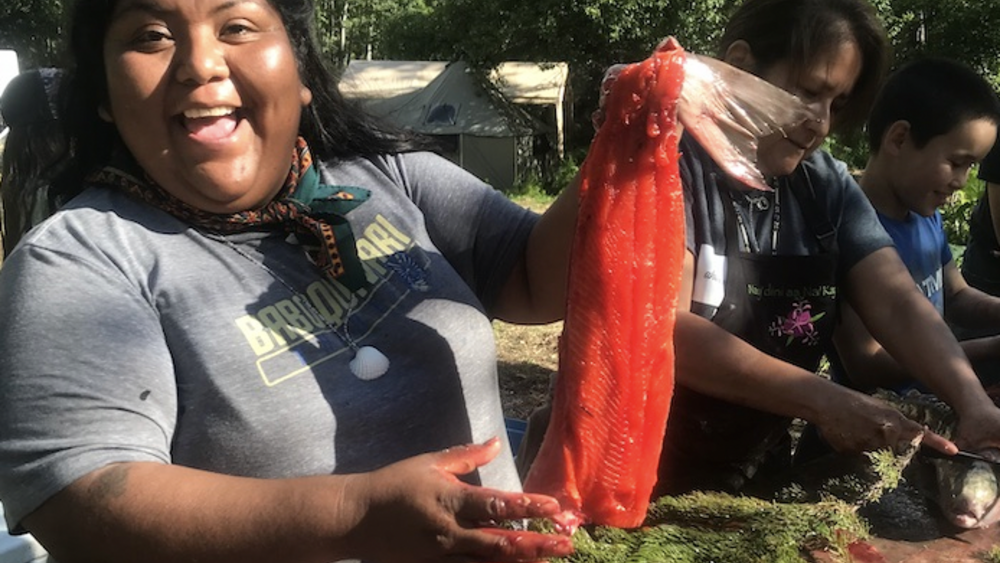
Indigenous Foods Knowledges Network: Facilitating Exchange between Arctic and Southwest Indigenous Communities on Food and Knowledge Sovereignty
On a sunny morning in June of 2019, our hosts at the Athabaskan Nay'dini'aa Na'Kayax' Culture Camp, located near Chickaloon Native Village in south-central Alaska, set up a table near the smoke house and demonstrated how to fillet salmon. It was salmon season in Chickaloon, and young campers were…
